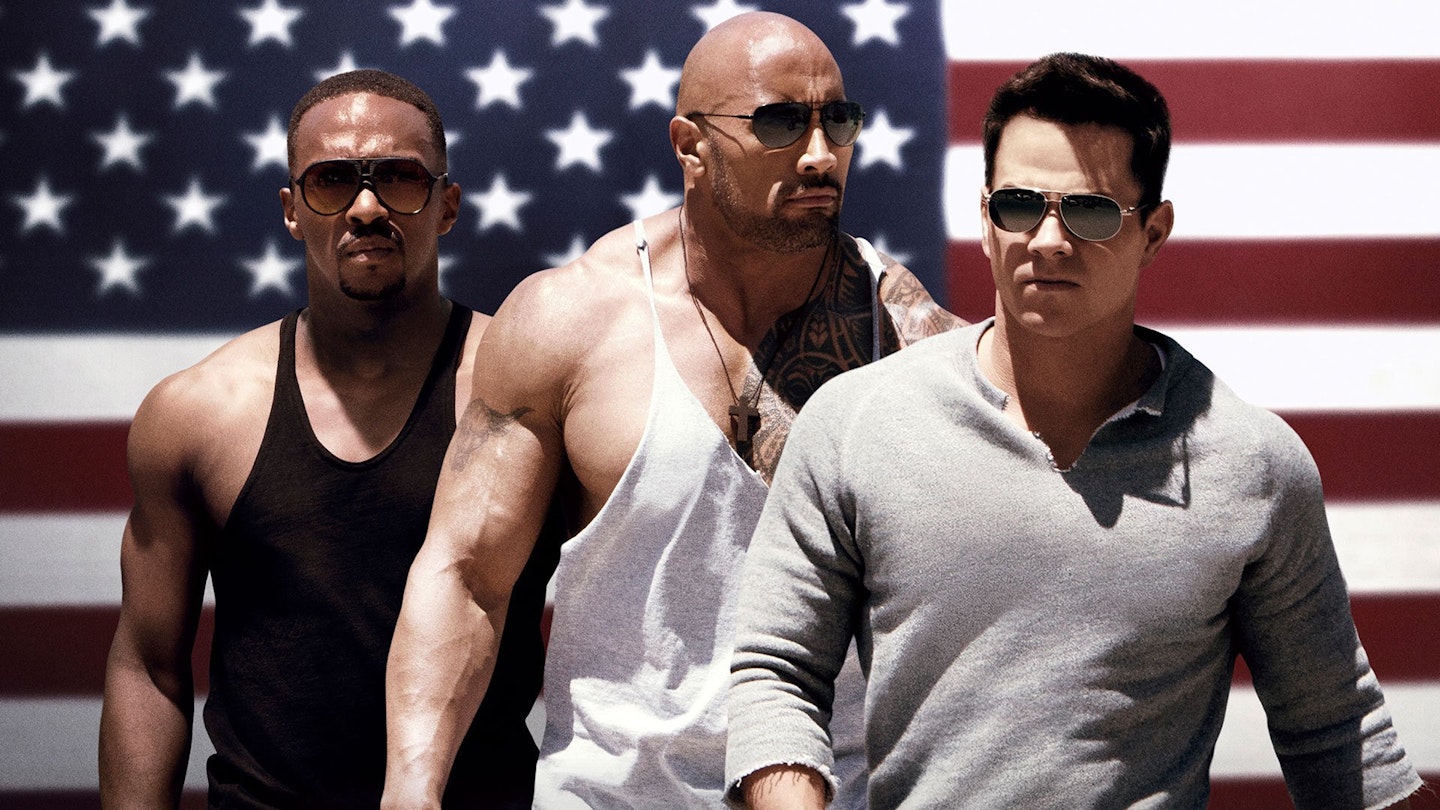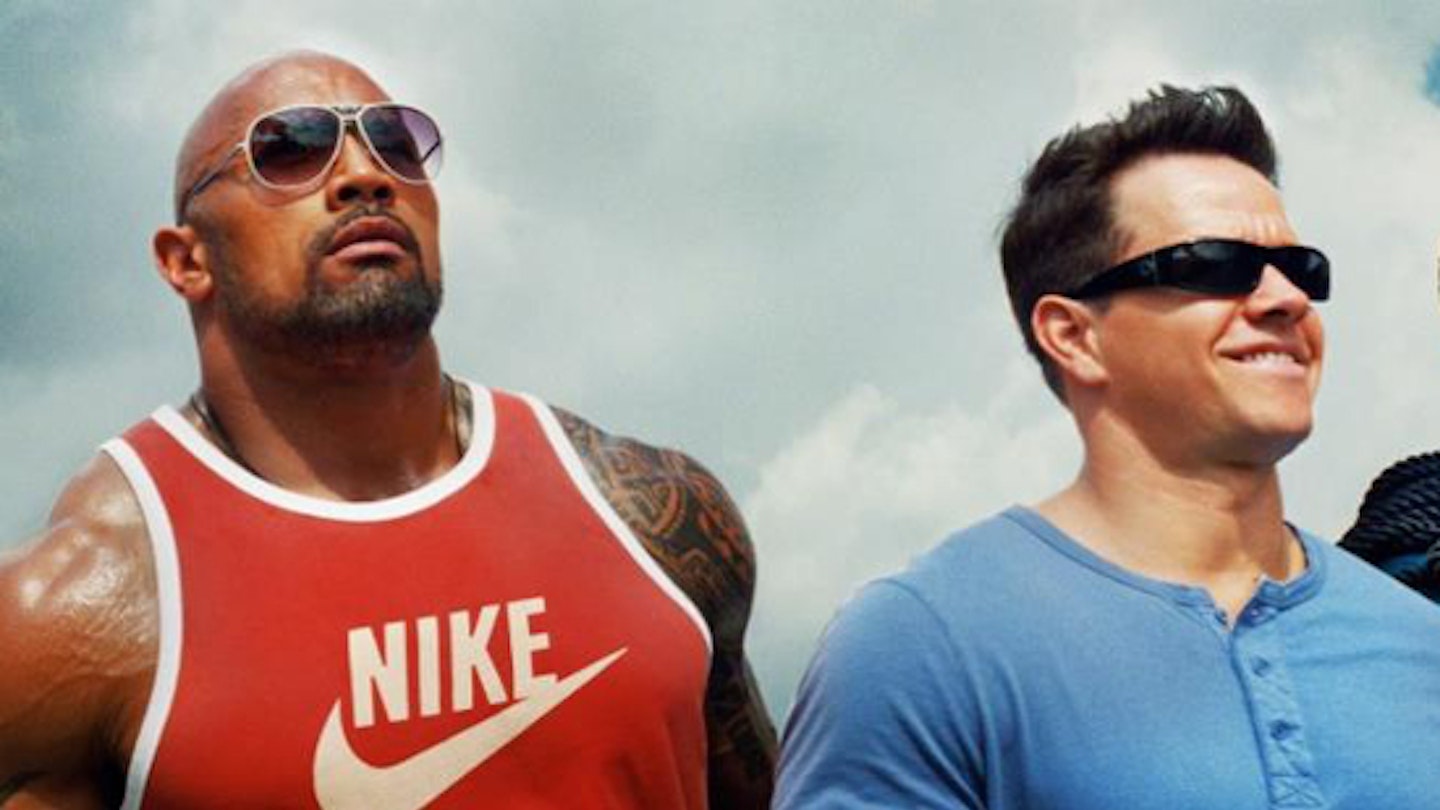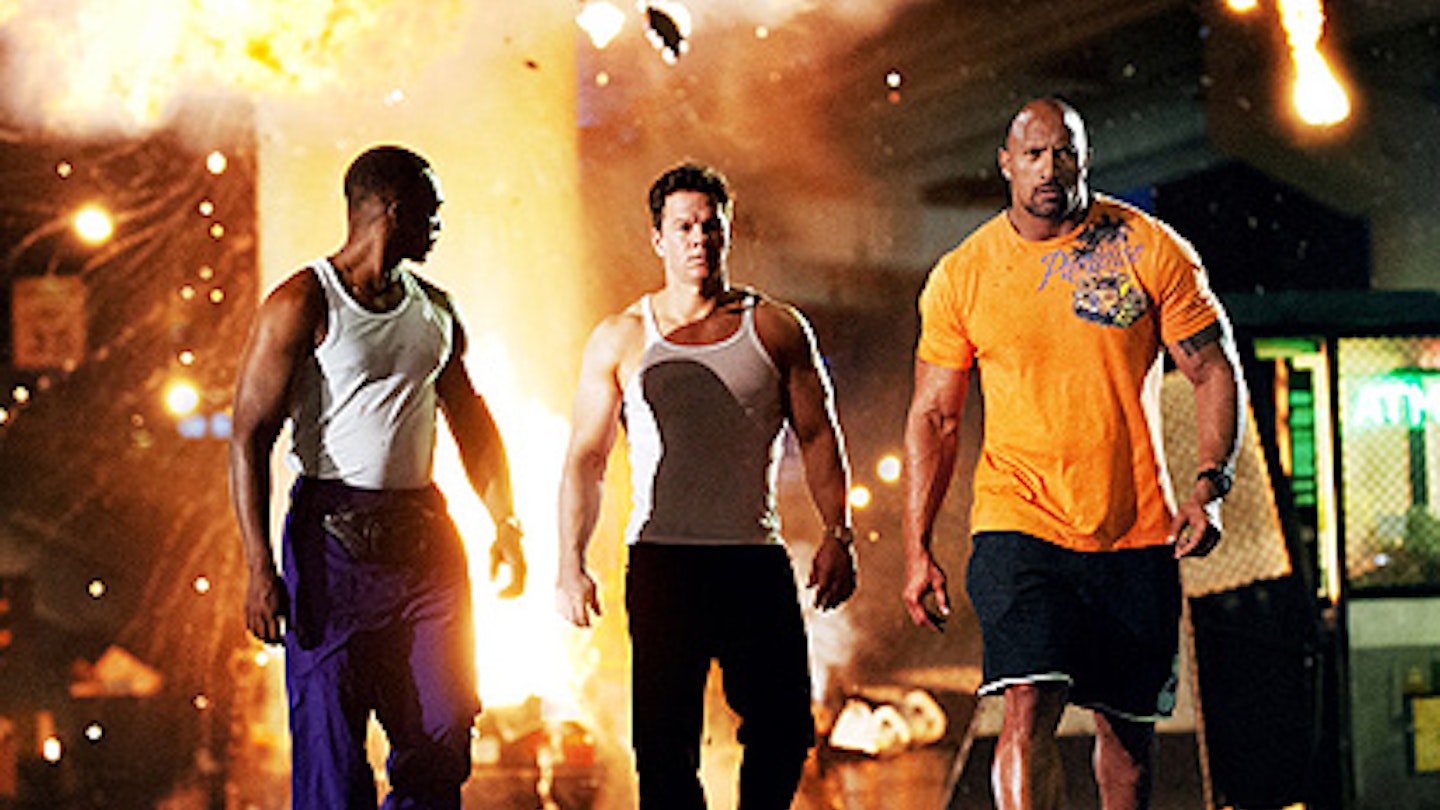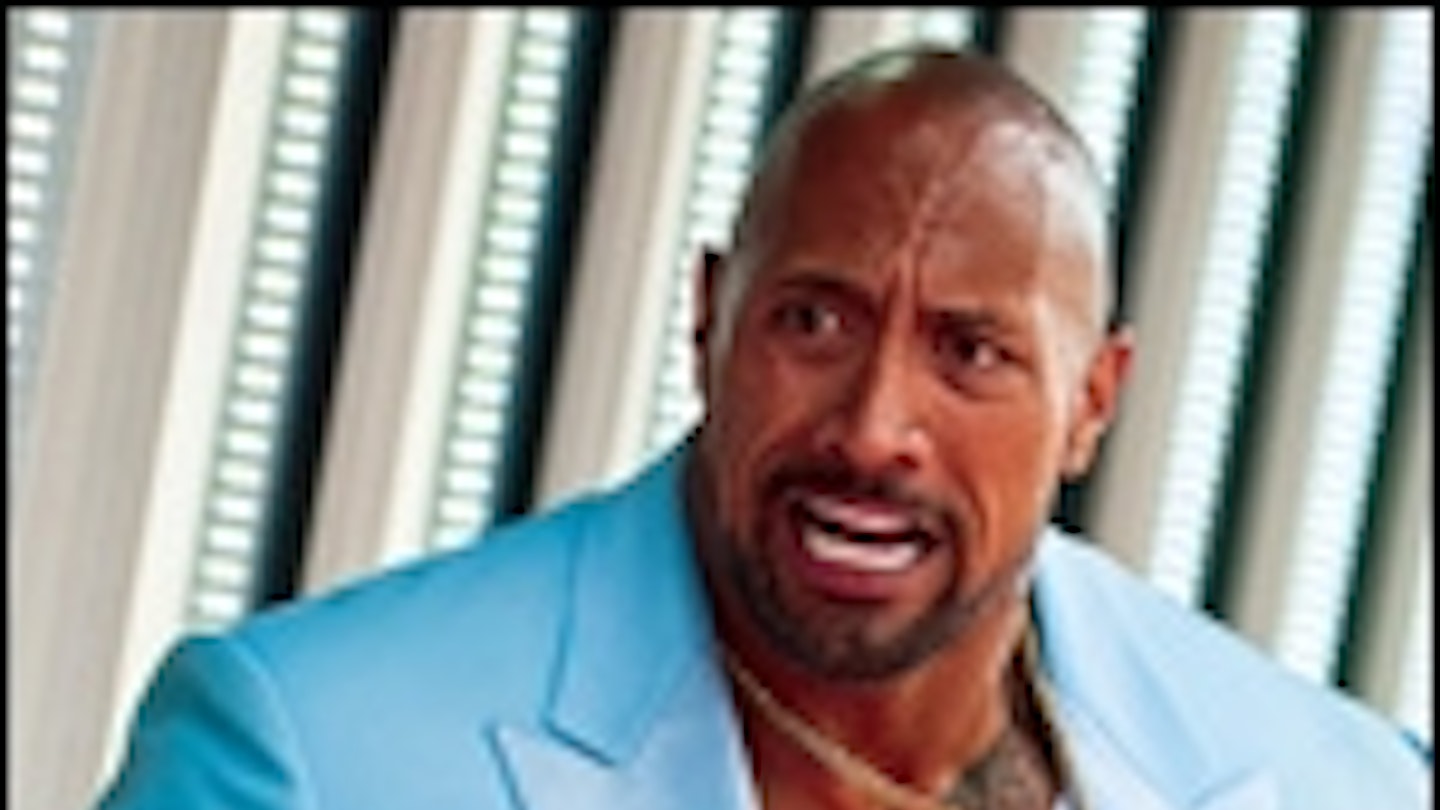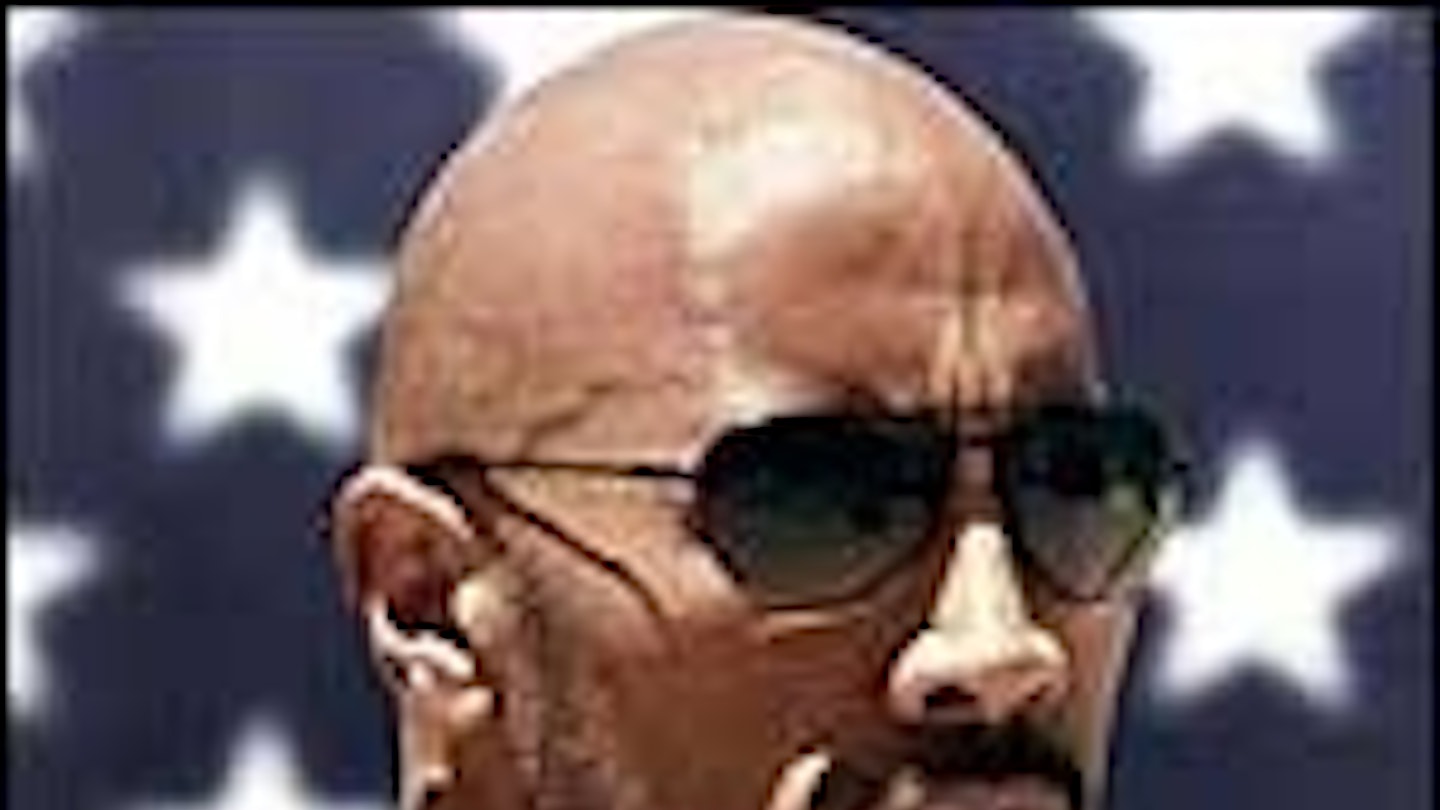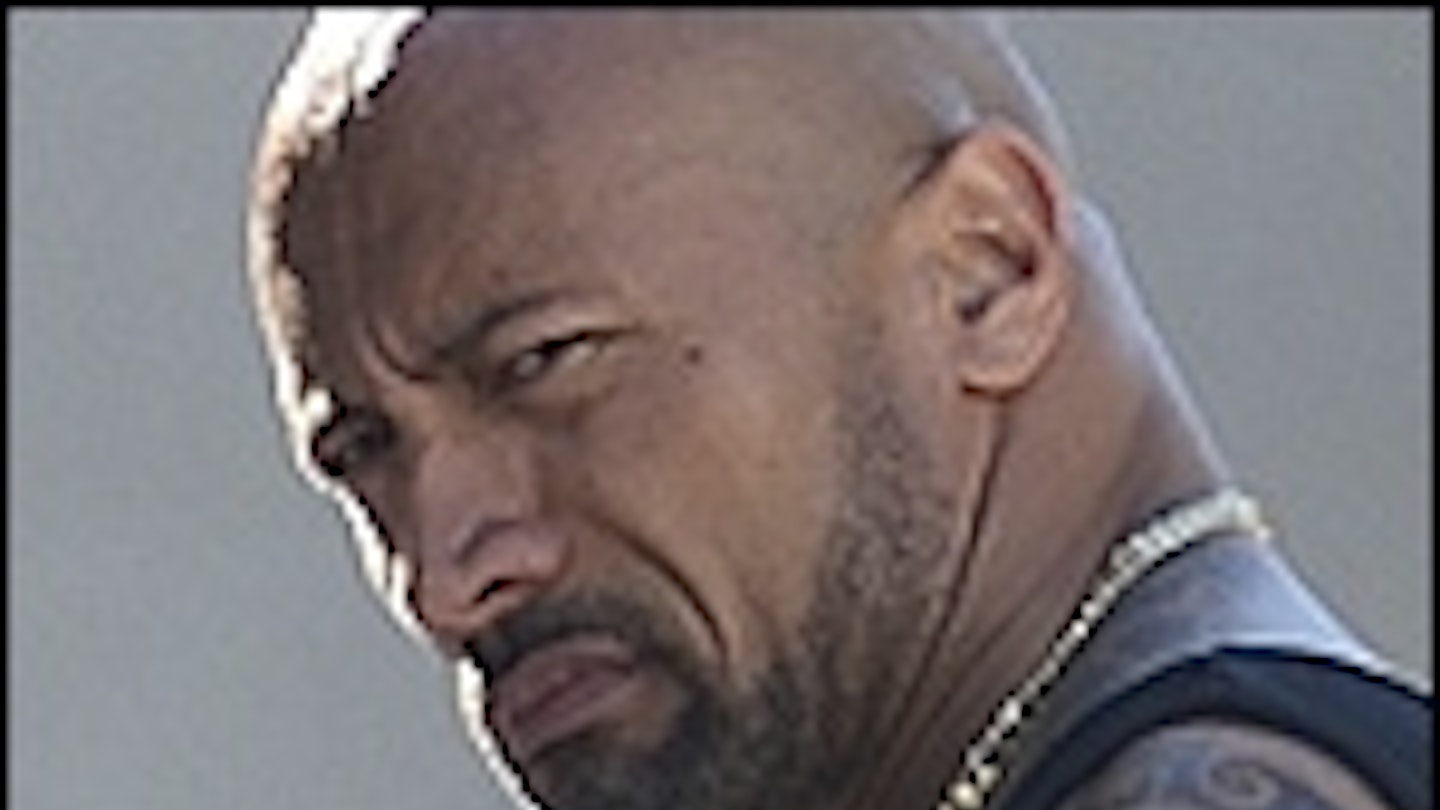Michael Bay's latest is a movie full of curious contradictions. It’s a grubby little indie story told with all the whoosh and whizz-bang of a summer tentpole. It’s a sort of goofy GoodFellas, based — unbelievably — on a true story, that is simultaneously satirical *and *moralistic about the American Dream. And it shifts hugely between the compulsive and the indulgent. If one thing’s for sure, it’s this: Pain & Gain is never dull.
Bay’s big problem is himself. You don’t get to become a brand name in yourself (his movies have made over $4.5 billion now) and then get to deliver your “smaller” projects in relative anonymity. Not unless you’re J. K. Rowling, that is. It would have been fascinating to have seen how Pain & Gain would have been received (it was released in the US in the spring, to below-average reviews) had it had another director’s name on the poster. Just as with Rowling, who published her new crime novel, The Cuckoo’s Calling, under the pen-name Robert Galbraith, and received considerably better notices than for her first venture outside Hogwarts, Bay’s left-turn would most likely have been better appreciated.
The movie’s other problem lies in the real-life story (adapted from a series of articles from the Miami New Times) it is based on, which is so deliriously absurd it requires Bay to wryly and wittily observe with an opening title card, “Unfortunately, this is a true story,” and later, come its crackpot climax, follow-up with another stating simply: “This is still a true story.”
Seemingly invigorated by a budget on a par with the one he had for Bad Boys, and his first relatively grown-up certificate since that movie’s sequel, Bay goes to town with the material, delivering some mesmerisingly arch images — the high point being a shot of Mark Wahlberg in a swimming pool, his body size beautifully and scarily distorted beneath the water — and some cartoonish violence, barbecuing body parts and squishing skulls with an abandon that suits the story’s pumped-up excess.
His cast, meanwhile, embrace the grotesquerie with muscle-bound arms. Wahlberg plays Daniel — a man who considers being fat “more than sickening. It’s unpatriotic” and who has a six-year-old’s grasp of geography — with a coked-up, psychotic naivety, his life-philosophy the perfectly, and necessarily, simple: “Be a doer, not a don’t-er.”
With his victim Tony Shalhoub’s revolting self-made millionaire — a man prone to statements such as, “You know who invented salad? Poor people” — Daniel’s dimwit accomplices are portrayed with joyful knowingness by Anthony Mackie and Dwayne Johnson. The former thinks he’s a stud, yet has a penis made useless by steroid abuse. The latter thinks he’s a born-again Christian but is actually a psychopath. Both manage to make Daniel look like Einstein.
The movie is loads of fun, inventive and sharp when it’s introducing us to its brainless musketeers, but then gets flabby once the story proper kicks in. This is particularly true in a middle third that can’t seem to decide what point it is trying to make and which will do nothing to convince the Bay detractors that he’s capable of making a movie without sticking a camera up some hot girl’s skirt.
It’s a shame, because for the most part there is plenty to like, and it’s proof that even when not operating under gargantuan budgets and manipulating giant robots, Bay has an eye for the spectacular and an ear for the anarchic. It’s Bayhem on a budget. But Bayhem all the same. And Amen to that.
